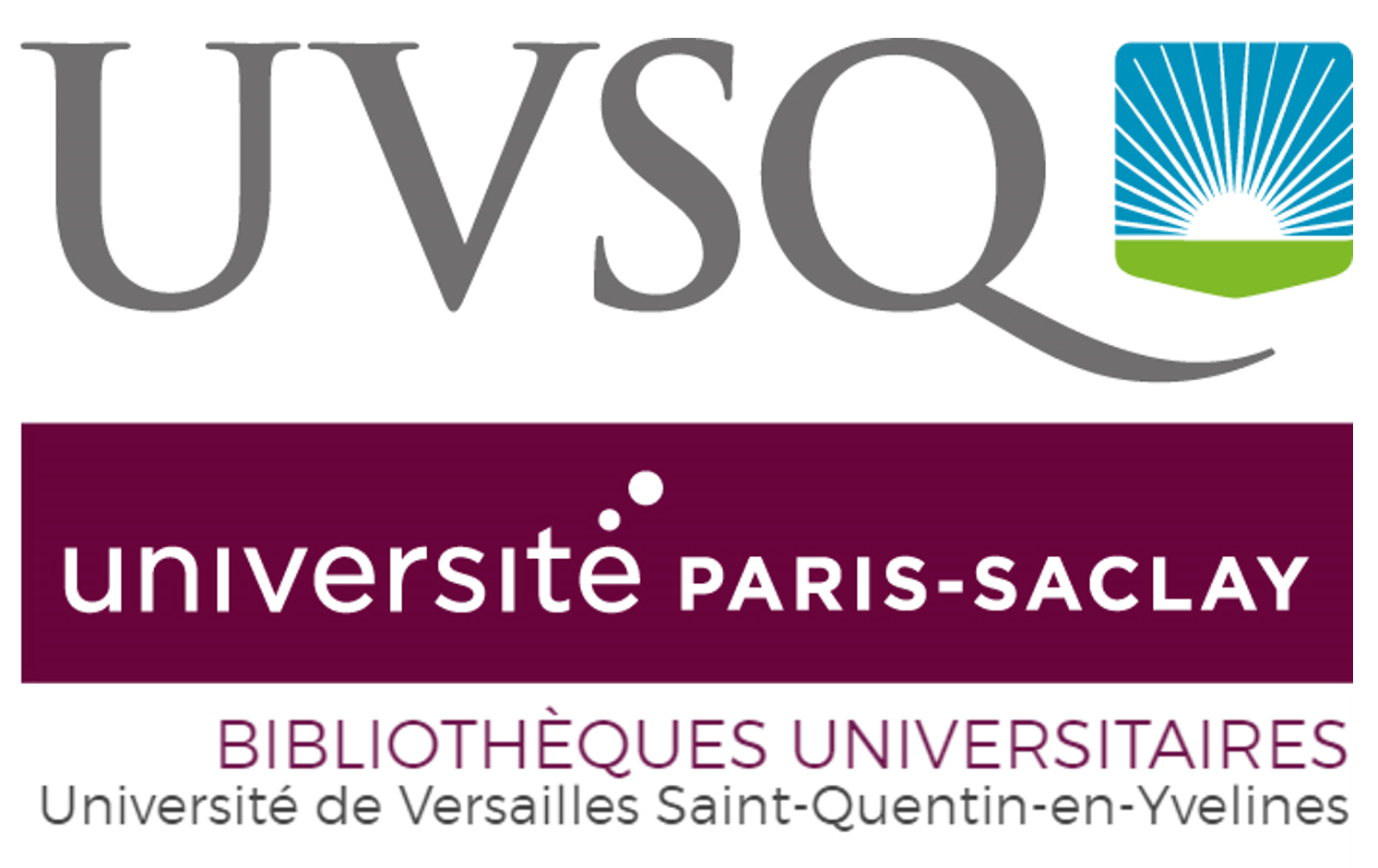The Management of an Institutional Network through Relational Trust : Case Study of the EASF (East Africa Standby Force)
Le management d'un réseau institutionnel par la confiance relationnelle : le cas de l'EASF (East Africa Standby Force, Force en attente de l'Afrique de l'Est)
Résumé
Based on the case of the East Africa Standby force (EASF), one the 5 forces making up the African Union Standby Force, and justified in view of the small number, if not non-existent, of works on the subject, this research on « the management of an institutional network through relational trust…» gives rise to this question: « does an institutional network (formalism of rules, charter of rights and duties, institution as a guardian of trust, distribution of power through elected representatives, …) function exclusively on the basis of a trust in the institutions for the members of the network, or are other trust and regulation mechanisms, that are more tacit and informal in nature, useful and necessary? ».Moreover, how does the informal dimension in the cooperation between partners (tacit conventions, habits, interpersonal trust, …) play a role in the management of an institutional network based a priori on formal partnership rules (membership charter, borders of solidarity, sharing of resources and competences, …)? How, through concertation, coordination and discussion mechanisms, does the informal complement the formal?As part of a qualitative research method, and through case studies applied to this regional defense and security organization (EASF) in the study of its management, decision-making, resource management mechanisms…, we have attempted to understand how both (informal and formal) converge in its management.We have found that in a large majority (3 cases out of 4) the informal aspect interferes in the cooperative sphere or in the regulation of the network, corroborating the finding that, to any formal structure (formal rules, formalized relationships, …) is grafted an informal part (interpersonal relationships, non-mandated links, etc.)This should be taken into account for the management of EASF, and in order to allow an evolution of theory as well, by considering that, to be efficient while respecting the members' autonomy, (freedom of action), the institutional network cannot formalize everything in the interactions.
S'appuyant sur le cas de la Force en attente de l'Afrique de l'est (EASF), une des 5 forces composant la Force en attente de l'Union Africaine, et se justifiant au regard du nombre réduit, pour ne pas dire inexistant, de travaux ce sujet, cette recherche sur « le management d'un réseau institutionnel par la confiance relationnelle…» donne lieu à cette interrogation : « un réseau institutionnel (formalisme des règles, chartes des droits et des devoirs, institution comme gardien de la confiance, distribution du pouvoir par des représentants élus…) fonctionne-t-il uniquement sur la base d'une confiance dans les institutions pour les adhérents membres du réseau, ou est-ce que d'autres mécanismes de confiance et de régulation plus tacites et informels y sont utiles et nécessaires ? »Mieux, en quoi la dimension informelle dans la coopération entre partenaires (conventions tacites, habitudes, confiance interpersonnelle…) joue-t-elle un rôle dans le management d'un réseau institutionnel fondé a priori sur des règles formelles de partenariat (charte d'adhésion, frontières de solidarité, partage des ressources et des compétences, …) ? Comment, à travers des mécanismes de concertation, coordination, discussion ..., complète-t-elle le formel ?Dans le cadre d'une méthode de recherche qualitative, et par le biais d'études de cas appliquées à cette organisation régionale de Défense et de sécurité (l'EASF) à travers l'étude de ses mécanismes de gestion, de prise de décision, de management des ressources…, nous cherchons à comprendre comment les deux (informel et formel) convergent dans son management.Nous constatons que dans une grande majorité (3 cas sur 4), l'informel s'immisce dans le jeu coopératif ou dans la régulation du réseau, corroborant le constat selon lequel, à toute structure formelle (règles formelles, relations officialisées, …) se greffe une part d'informel (relations interpersonnelles, liens non mandatés, etc.)Il convient d'en tenir compte pour le management de l'EASF, mais également pour faire évoluer la théorie en considérant que pour être efficace en respectant l'autonomie des membres (liberté d'action), le réseau institutionnel ne peut pas tout formaliser dans les interactions.
| Origine | Version validée par le jury (STAR) |
|---|

